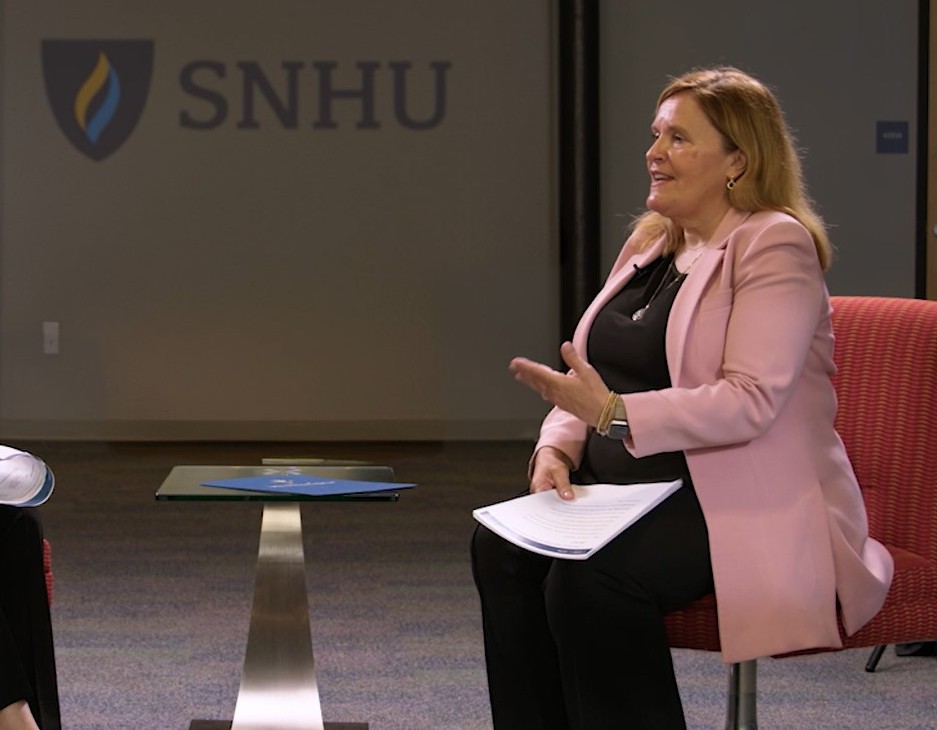While the majority of our work over the next two years focuses on educating refugees outside of the U.S., our project is inextricably linked to the political climate in the US. This is especially true given the many referendums involving resettlement coming directly from the White House. This leads to further discussion about refugees at home, and can also lead to inflated stereotypes about refugees as a group of “others” that drains resources from the US.
Recent research demonstrates the contrary– both in the US and in other host countries, refugees participate meaningfully in growing the economy. The New American Economy’s 2017 report analyzing 5 years of American household data found the following key facts that dispel many economic myths about resettled refugees in the US:
Refugees contribute to the US economy as earners and taxpayers. In 2015, the almost 2.3 million refugees captured in New America’s analysis earned a collective $77.2 billion in household income. They also contributed $20.9 billion in taxes. That left them with $56.3 billion in disposable income, or spending power, to use at U.S. businesses.
While refugees receive initial assistance upon arriving in the United States, they see particularly sharp income increases in subsequent years.
Therefore, while refugees here five years or less have a median household income of roughly $22,000, that figure more than triples in the following decades, growing far faster than other foreign-born groups. By the time a refugee has been in the US at least 25 years, their median household income reaches $67,000—a full $14,000 more than the median income of U.S. households.
Refugees have an entrepreneurship rate that outshines that of other immigrants. The US was home to more than 180,000 refugee entrepreneurs in 2015. That meant that 13 percent of refugees were entrepreneurs in 2015, compared to just 11.5 percent of non-refugee immigrants and 9.0 percent of the U.S.-born population. The businesses of refugees also generated $4.6 billion in business income that year.
Debates about refugees can often become emotional or polarized given the actions of the current administration. But the data is clear– refugees have an upward economic trend and offer important contributions to the American economy. As we work with refugees abroad, friends, family, and others may offer unfounded stereotypes about refugees within and outside of our borders. We’ll continue to examine and share the facts to help in these discussions as we prove the amazing potential of refugees here and abroad as we work to offer SNHU degrees to a very worthy and resilient population of learners.



